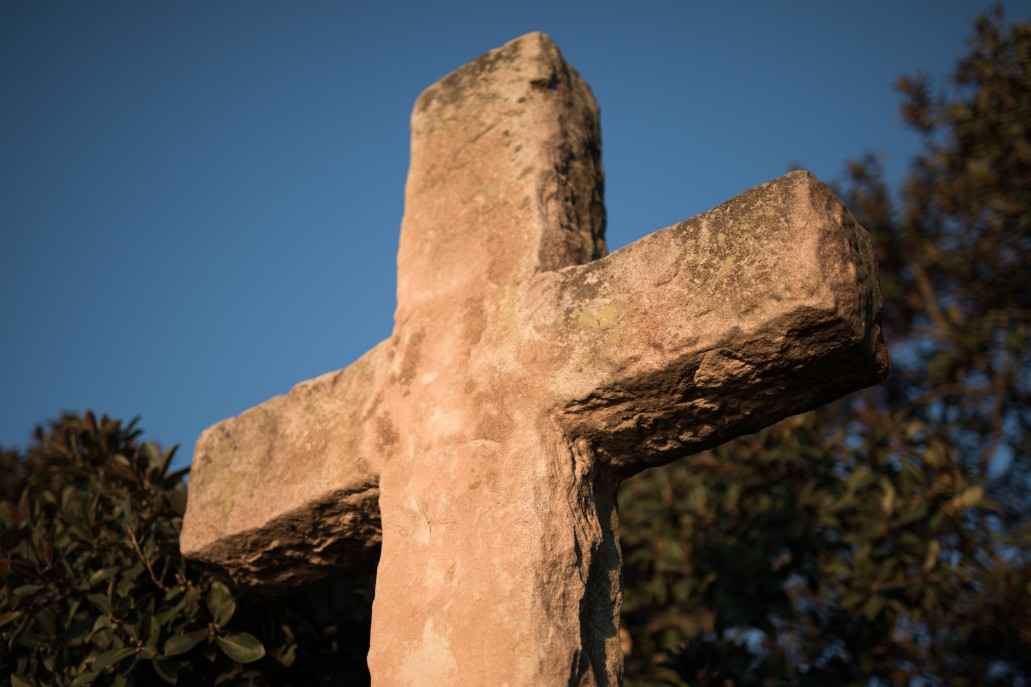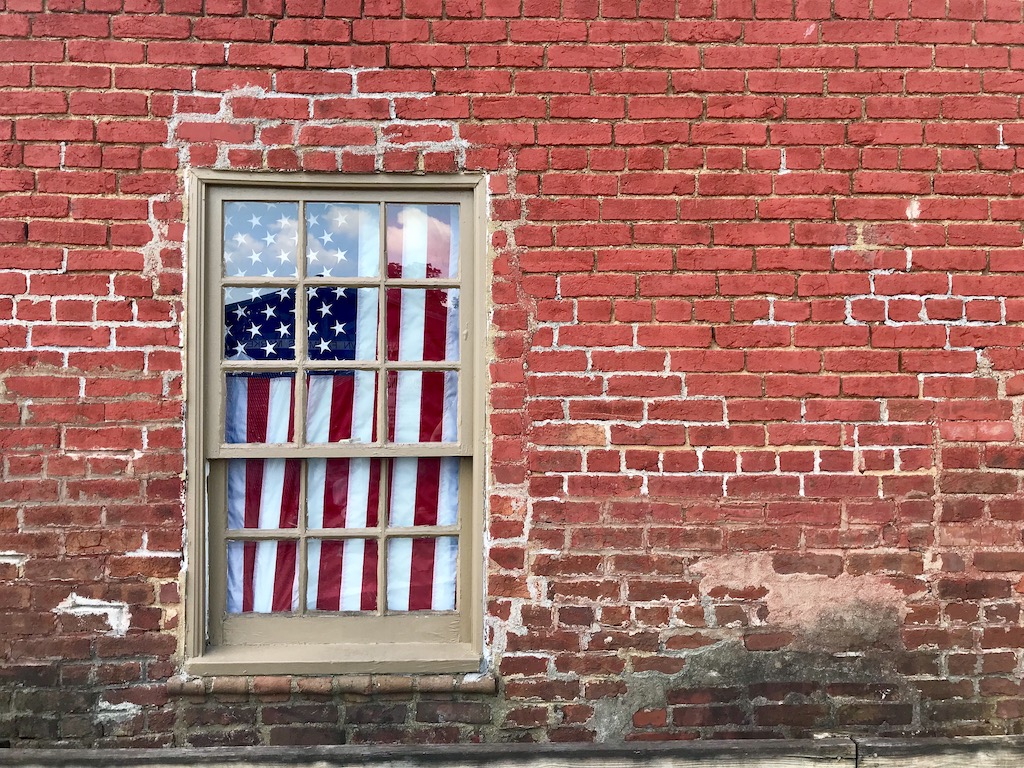Back in December, just when the real countdown to the primaries was beginning, Republican presidential candidate Donald Trump said that he wouldn’t rule out the possibility of requiring Muslims to wear arm badges so they could be better monitored by the government. He received enormous backlash. As might be expected, droves of Americans from all ends of the political spectrum rushed to challenge Trump’s latest verbal monstrosity with comparisons to Nazi persecution of the Jews. Among those who most vigorously challenged Trump’s hypothetical policy proposal (later further enhanced by a challenge to ban all Muslim immigration to the United States) were top evangelical leaders such as Russell Moore, president of the Ethics and Religious Liberty Commission of the Southern Baptist Convention. Moore’s confrontation with Trump both reinforced a rising trend among American Christians that freedom is important for everyone in our country regardless of their religious faith. In light of current conversations on religious freedom and the rush to caucus in many states, it’s appropriate to reflect briefly on why freedom should matter to all of us.
Freedom is a human right.
As U.S. citizens living in a country that is both safe from most external threats and uninhibited by laws restricting our daily lives, we often forget that elsewhere, such liberty is a luxury. The convenience of our protected, privileged existences shuts out many of the problems faced by those living in countries where repressive laws and threats to security are part of everyday life.
In theocracies like Saudi Arabia and Iran, restrictions on the rights of women, the substance of education, and the worship of God force people into uncomfortable, often impossible choices between safety from imprisonment, torture, or death and loyalty to particular ideologies or faiths. Similarly, in totalitarian states like North Korea, dissenters are thrown into concentration camps whose treatment of prisoners makes the Nazi regime look tame. Countries such as Tibet, Ukraine, South Korea, and Israel feel the threat of outside incursion by regimes hostile not simply to their existence but to the continuation of a democratic global community.
Political philosophers from Immanuel Kant and John Locke to Alasdair McIntyre have regarded freedom as a human right. In our own country’s history, developed by budding Enlightenment thought and reinforced through bloody conflicts with imperial powers, the right of people to go about their lives free of tyranny and constant regulation has been essential. That right has, to a large extent, been challenged by the rise of mass surveillance through institutions such as the NSA, but for the most part, Americans are uninhibited from going about their daily lives. The reason that the rhetoric of demagogues scares us is that the basic American concept of freedom is not simply being altered for security purposes, but completely trod over. We would all do well to take note.
Freedom comes at a high cost.
It’s costly to preserve the ability of the average American citizen to do as he or she wishes, both in terms of human life and resources. Multiple wars have been necessary to establish the precedent that all inhabitants of this country deserve freedom from foreign grasp and freedom from racist systems that degrade human beings. The Revolutionary War and the Civil War both taught us that we cannot simply expect people to give us our freedom, that sometimes severe conflicts are necessary in order to challenge our right to freedom or even to redefine (in the right ways, of course) what freedom means. Americans have even been willing to dive into two world wars fought on other continents in order to help preserve others’ right to live free of tyranny. Economically speaking, freedom also bears a high price tag. It costs staggering sums both to maintain three branches of government that balance each other out and to allow fifty states the necessary federal funds to keep the peace and further growth for their people. The old phrase, “Freedom isn’t truly free” is unfortunately quite accurate, and we would do well to remember it.
Freedom affects all of us.
One of Russell Moore’s biggest reasons for challenging Trump’s idea to regulate Muslims in such an outlandish fashion was that someday an American president might propose the same ideas for other religions, even for Christians, notwithstanding the current religious majority they hold in this country. As Christians called to love our neighbor and as U.S. citizens conscious of the high cost and privilege of freedom, our motivation for the protection of practitioners of other faiths should not come from desires for self-preservation, but from love for other people also made in the image of God and rightfully part of a democratic political system. News pundits, activists, and scholars who warn against the consequences of Trump’s rhetoric now are right to raise the flag, because in the fashion of Confession Church Pastor Martin Niemöller, we may someday regret our silence on behalf of the persecuted when we become the persecuted ourselves.



